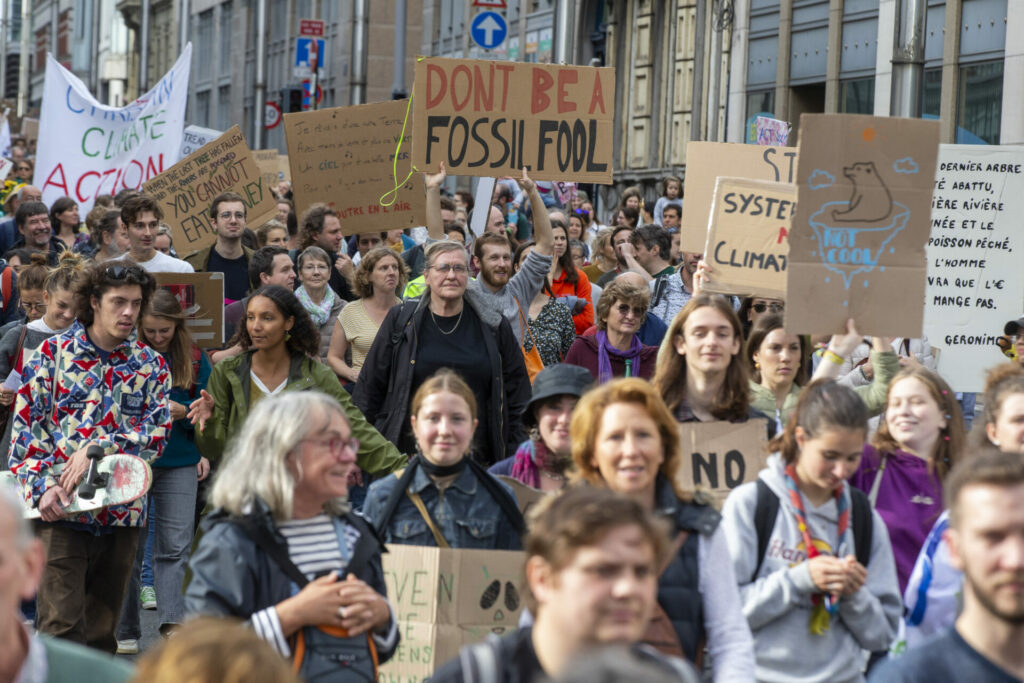The EU Commission on Wednesday proposed new rules to protect consumers from products that are falsely marketed as eco-friendly. But consumer and environmental groups argue that the proposal has been significantly watered down by industry lobbying and is now vague and ineffective, The Financial Times reports.
A growing number of companies call their products "green", "bio" or "organic", or say that they use recycled materials and reduced their carbon footprint in order to be sustainable. These claims go unchecked, leaving space for greenwashing, which is the unsubstantiated use of eco-friendly language as a marketing spin.
The EU estimates that 53% of green claims are "vague, unfounded or misleading" and 40% of them have no supporting evidence. Under the new rules, such claims would have to be backed up by scientific evidence and undergo an independent verification process.
The information about how an item is produced must then be made easily available to consumers. The process would also apply to businesses based outside the EU that market their products to European consumers.
#GreenClaims are everywhere, such as ocean-friendly👕 or bee-friendly🧃
Our 🆕proposed common criteria will protect 🇪🇺 consumers from harmful #GreenWashing by providing reliable, comparable & verifiable environmental information on products👉https://t.co/hqZz44OgYh#EUGreenDeal pic.twitter.com/3UTTOcj14l — EU Environment (@EU_ENV) March 22, 2023
Companies that make unsubstantiated claims could be sanctioned with fines amounting to at least 4% of their revenue, or face temporary exclusions from public subsidies or procurement (the purchase of goods by public authorities).
Greenwashing can be more than a mischievous advertising technique: polluting giants have taken to using it to conceal the environmental damages their businesses create.
A 2021 study found that among all the social media posts of six major European fossil fuel and energy companies made between late 2019 and early 2021, two-thirds amounted to greenwashing. The fossil fuel sector is one of the main drivers of climate change, but companies have free rein to make false claims about "carbon neutral driving".
Related News
- Ruinair? Airline ads across Europe 'hacked' in climate protest
- Greenwashing remains widespread among multinationals, report highlights
- More people in Belgium falling for greenwashing
Environmental and consumer groups say that the only solution to unproven claims of carbon neutrality is to ban them and express concern about the vagueness of the new rules.
“We are worried that [this proposal] could backfire and create legitimacy for these claims that amount to greenwashing” because the rules are not strong enough, Gilles Dufrasne, global carbon markets lead at Carbon Market Watch told the Financial Times.

